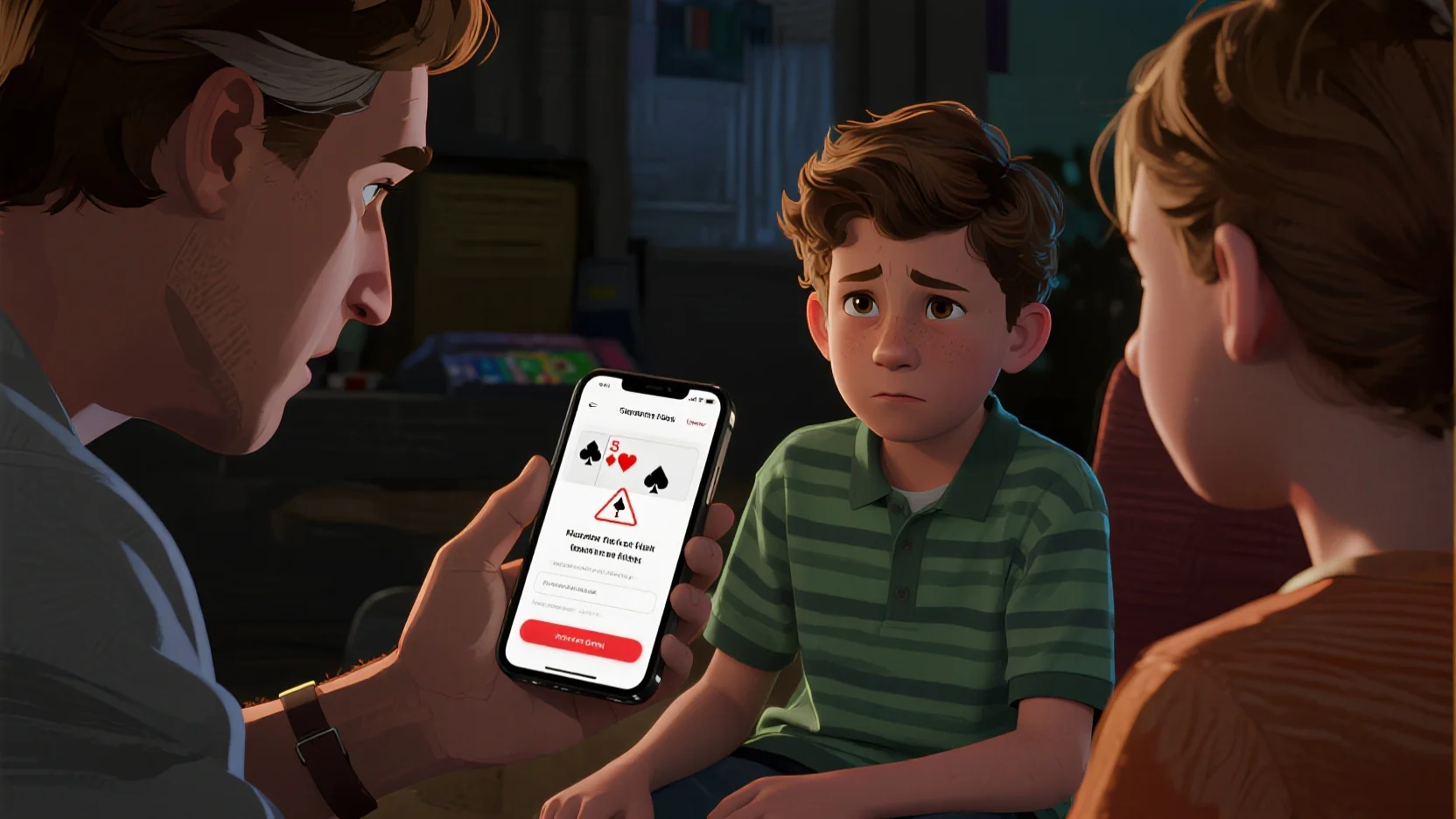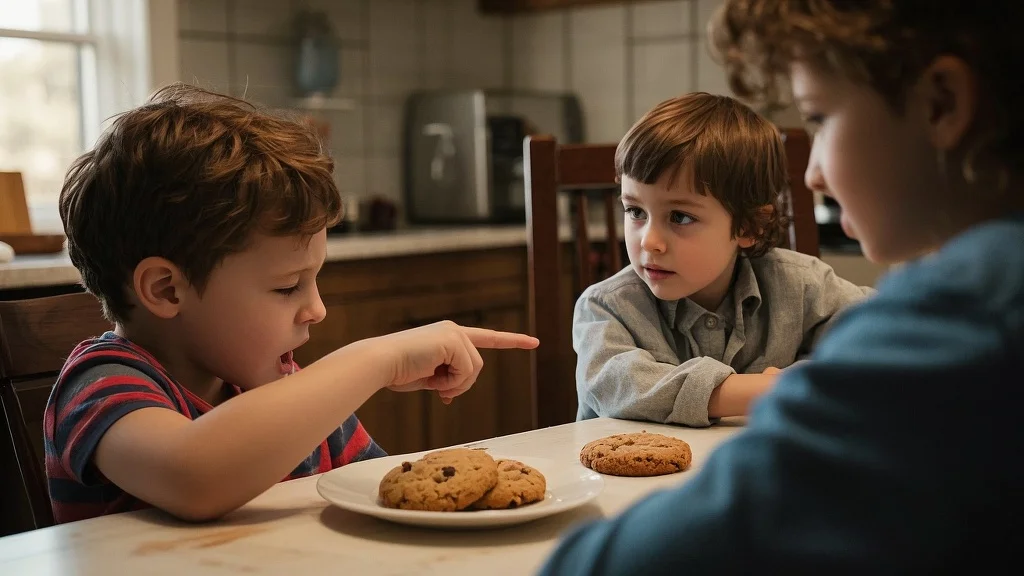The Hidden Dangers of Early Exposure
Children as young as five years old can develop gambling-like behaviors through:
🎮 Gaming mechanics (loot boxes, in-game purchases)
📱 Social media challenges
📺 Sports betting ads during family TV time
Alarming Trend: While overall youth gambling rates have declined, online gambling participation is rising – linked to:
✔ Lower self-esteem
✔ Increased alcohol use
✔ Poorer mental health outcomes
Why Parents Should Be Concerned
Physical & Mental Health Impacts
Pathological gamblers face higher risks of:
• Hypertension and cardiovascular disease
• Severe sleep deprivation
• Peptic ulcers
• Depression and anxiety disorders
Key Insight: Early exposure (before age 12) correlates with:
→ More frequent gambling in adulthood
→ More severe addiction symptoms
Warning Signs in Children
Watch for these behavioral red flags:
🔴 Unexplained money shortages
🔴 Sudden disinterest in schoolwork/chores
🔴 Secretive device use
🔴 Borrowing/stealing money
🔴 Obsession with “winning” mechanics in games
How to Start the Conversation
1. Lead by Example
- Avoid casual gambling references (“I need to win the lottery!”)
- Model healthy risk assessment
2. Use Teachable Moments
When you see:
• Gambling ads → Discuss marketing tactics
• Game loot boxes → Explain randomized rewards
• Sports betting → Talk about odds and losses
3. Explain the Science
For teens:
“Gambling triggers dopamine hits like drugs – your brain gets tricked into chasing wins that statistically won’t happen.”
4. Set Digital Boundaries
✔ Use parental controls to block gambling sites
✔ Monitor in-game purchases
✔ Establish screen-free family time
When Family Members Gamble
Handle delicate situations by:
• Politely refusing lottery gifts from relatives
• Creating alternative traditions (board game nights instead of poker)
• Explaining: “In our family, we enjoy games where everyone has equal chances”
Prevention Starts Early
Age-appropriate messages:
5-8 yrs: “Games should be fun, not about losing money”
9-12 yrs: “Companies design games to make you want to spend”
Teens: “Here’s how to calculate true odds and expected loss”
Remember: Open conversations about risk and reward help build critical thinking skills that protect against all addictive behaviors.
“The best protection is a child who understands why we set limits.”








